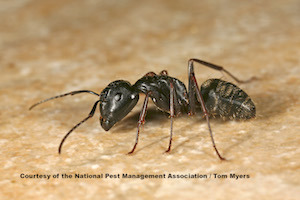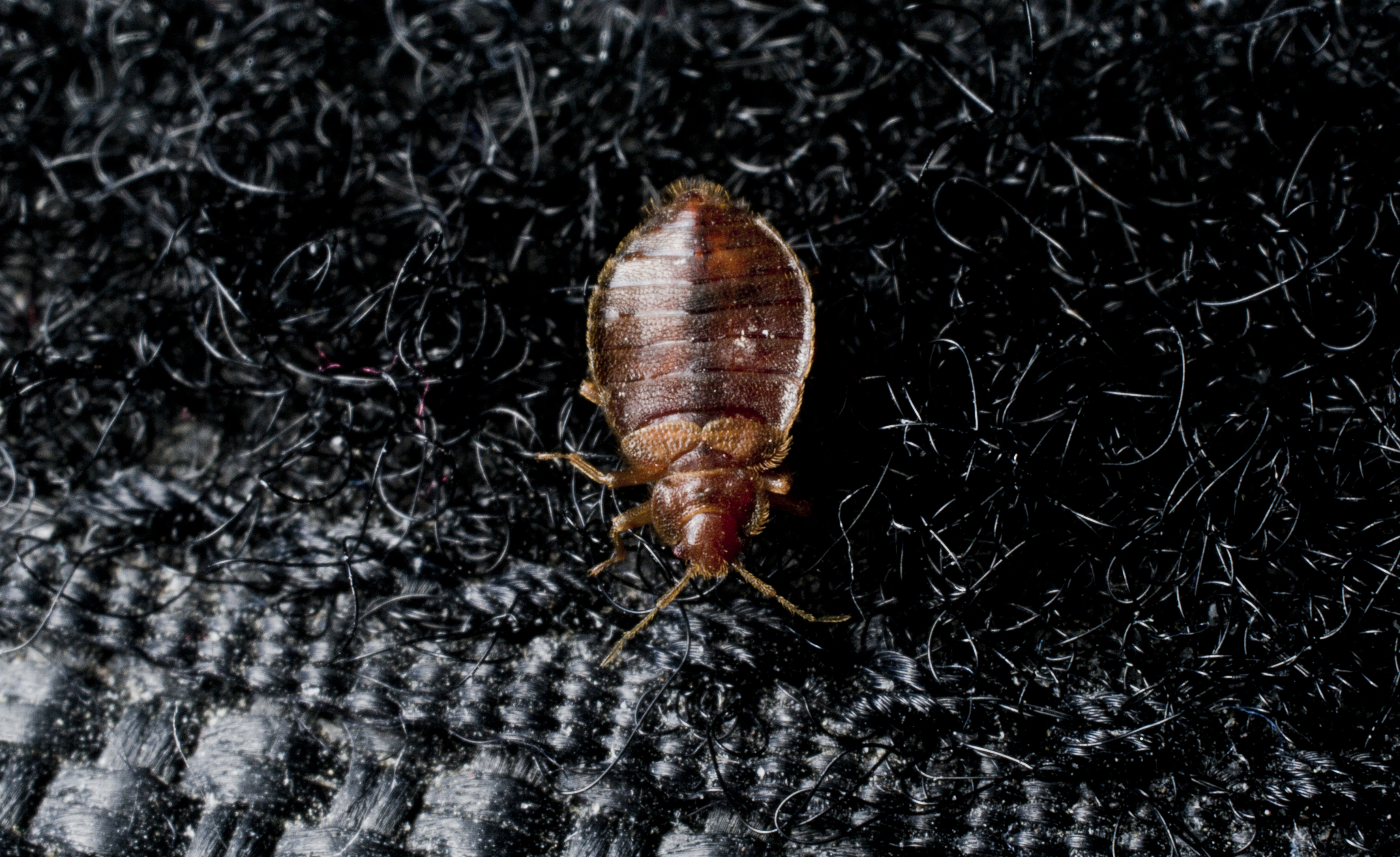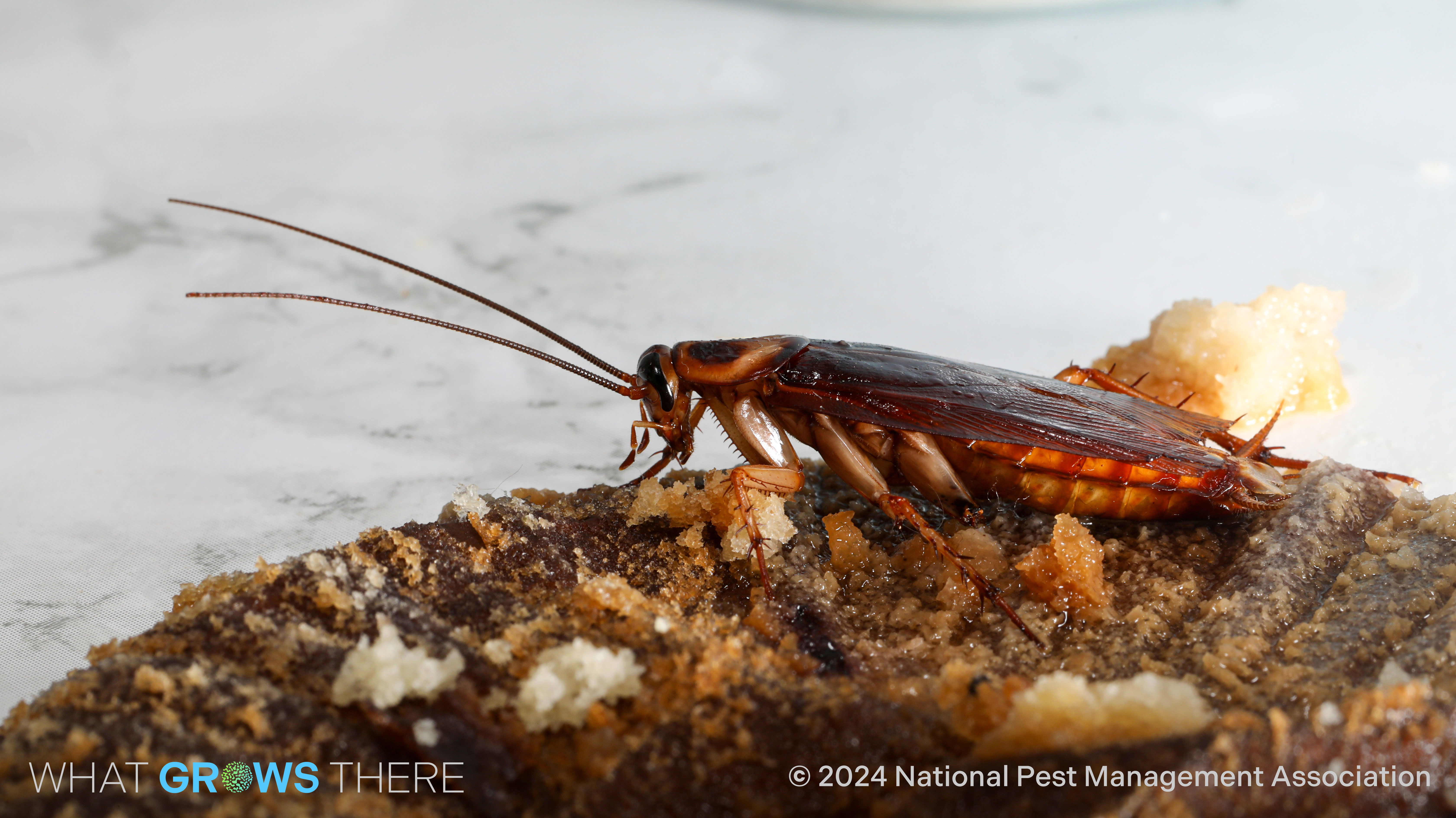The 411 on Hantavirus
What is Hantavirus, and Should You be Concerned?
Hantavirus includes a group of viruses that can cause a febrile illness in humans which can be accompanied by kidney, blood, or respiratory ailments and can sometimes be fatal. The good news is it is relatively rare. The bad news is that it's unpredictability and seriousness.
It was originally associated with the Four Corners area of Arizona, Colorado, New Mexico, and Utah and, more recently, throughout the United States.
The virus is carried by several types of rodents (mainly the deer mouse, Peromyscus maniculatus) and is shed in their urine, feces, and/or saliva.

The contaminated excreta from infected rodents becoming airborne in the dust are thought to be the primary source of infection via aerosolization of the virus. Although rare, direct animal transmission (i.e.; bite) can also infect other rodents and humans.
People typically get hantavirus in the spring and summer, often while cleaning up homes, yards and sheds.
Symptoms and Treatment of Hantavirus
Hantavirus infection is characteristically an influenza-like illness. Symptoms include fever, headache, muscle aches, nausea, vomiting, and lower back pain. More seriously, it can lead to respiratory distress and death in humans.
Unfortunately, there is no known effective treatment or vaccine, leaving only symptomatic support while the person heals naturally. Thus, prevention and year-round rodent control both in and outside the home are key.
Preventing Hantavirus
- Rodent control with careful handling and disposal of carcasses should be instituted by a licensed pest control professional at campsites or in cabins before they are occupied.
- Wear surgical gloves and masks when cleaning areas potentially contaminated by rodents. The premises should be sprayed with detergents or diluted bleach before thorough cleaning. Wet-mopping is recommended.
- Do not dry sweep or vacuum where there is evidence or suspicion of rodent infestation as that may increase risk of producing airborne particles.
- Remove wood, junk and brush piles near your home. Store firewood at least 20 feet from your house and keep vegetation around the house well-trimmed.
- Individuals trapping and handling small rodents in this region should take increased precautions to reduce their exposure to this virus.
More Information
For more information on the health risks posed by rodents, check out An Overview of the Real Health Risks Posed by Mice and Rat Infestations.

Learn About Ants
Ants are a common pest homeowners struggle to eradicate. Learn more about them!

Bed Bug Pest Guide
Traveling for the holidays this year? Be sure to keep an eye out for bed bugs! Use our Pest Guide to help identify this pest.

NPMA's What Grows There? Project
Check out NPMA's What Grows There? project to learn how pests, such as flies, cockroaches and rodents, can spread germs throughout a home.
Find a PEST PRO in your area

Learn About Ants
Ants are a common pest homeowners struggle to eradicate. Learn more about them!

Bed Bug Pest Guide
Traveling for the holidays this year? Be sure to keep an eye out for bed bugs! Use our Pest Guide to help identify this pest.

NPMA's What Grows There? Project
Check out NPMA's What Grows There? project to learn how pests, such as flies, cockroaches and rodents, can spread germs throughout a home.
